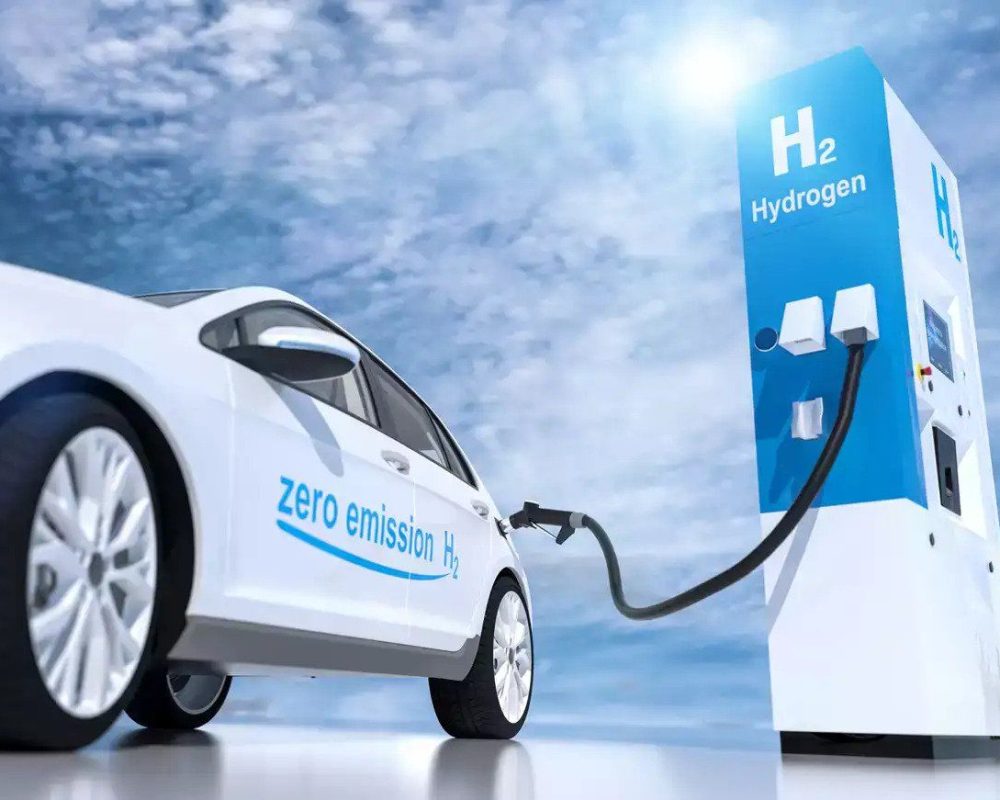Smarter Chargers For You Electric Car
Hydrogen fuel cell vehicles and electric vehicles are both considered alternative energy vehicles because they do not rely on gasoline or diesel for power. However, there are significant differences between the two technologies:
Differences Between EV & Hydrogen Fuel Cells
- Power Source: Hydrogen fuel cell vehicles generate electricity using hydrogen and oxygen, while electric vehicles rely on batteries to store and use electricity.
- Efficiency: Hydrogen fuel cell vehicles are generally more efficient than electric vehicles because they convert fuel into electricity at a higher rate. However, hydrogen production can be energy-intensive, which reduces the overall efficiency of the system.
- Range: Hydrogen fuel cell vehicles generally have a longer range than electric vehicles. This is because hydrogen fuel cells can be refueled quickly, while electric vehicles need to be charged for several hours to achieve a similar range.
- Availability: Electric vehicles are more widely available than hydrogen fuel cell vehicles. This is because the infrastructure for electric vehicle charging is already in place in many locations, while the infrastructure for hydrogen refueling is still being developed.
- Environmental Impact: Both hydrogen fuel cell vehicles and electric vehicles have lower emissions than traditional gasoline or diesel vehicles. However, the environmental impact of hydrogen fuel cell vehicles depends on how the hydrogen is produced, while electric vehicles are only as clean as the electricity they are charged with.
Recent Posts
Have Any Question?
Looking for software for setting up charge hubs or looking for complete turn key solutions, please reach out to us.
Hydrogen fuel cell vehicles and electric vehicles are both considered alternative energy vehicles because they don’t rely on gasoline or diesel for power. However, there are significant differences between these two technologies.


